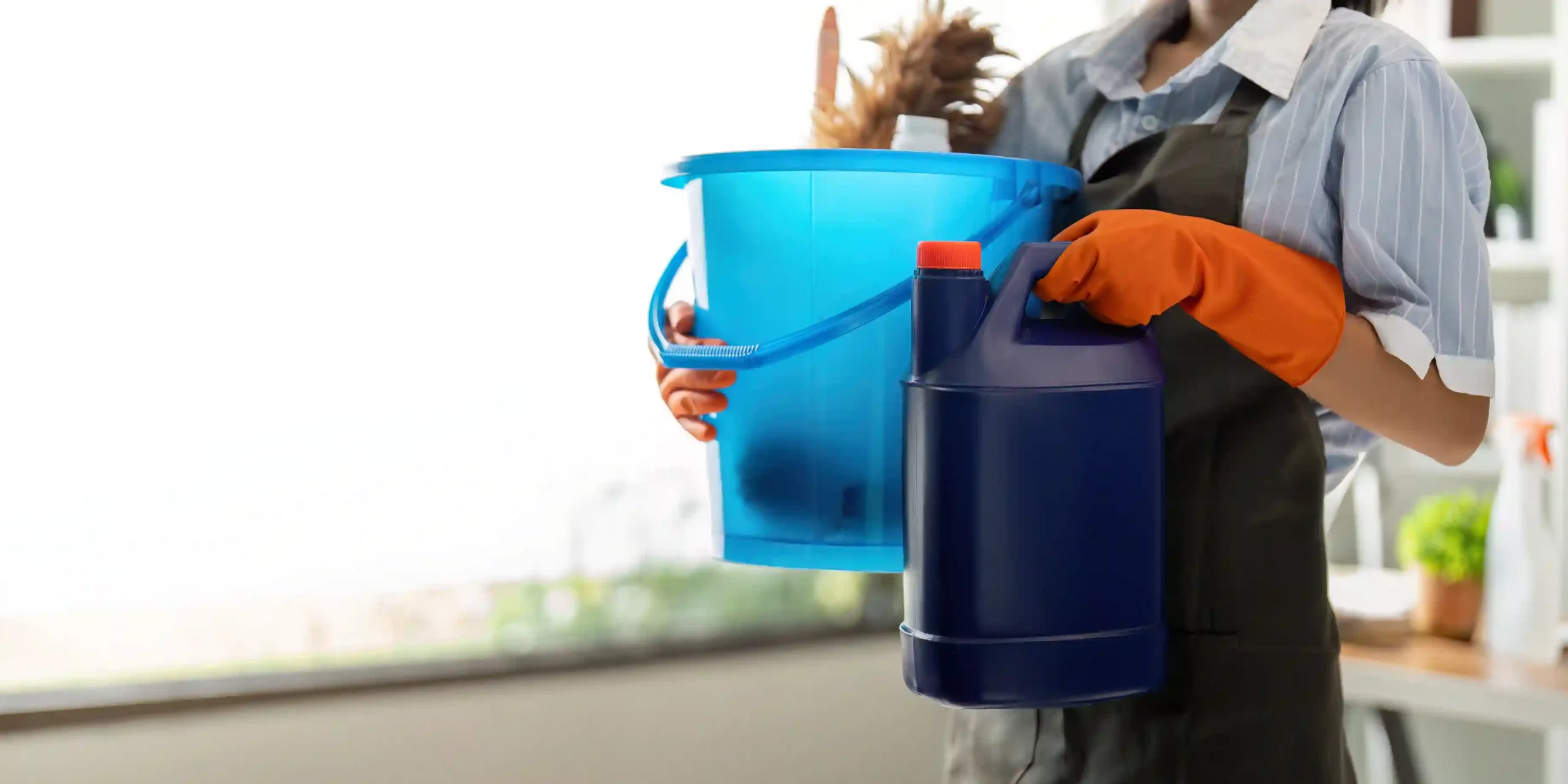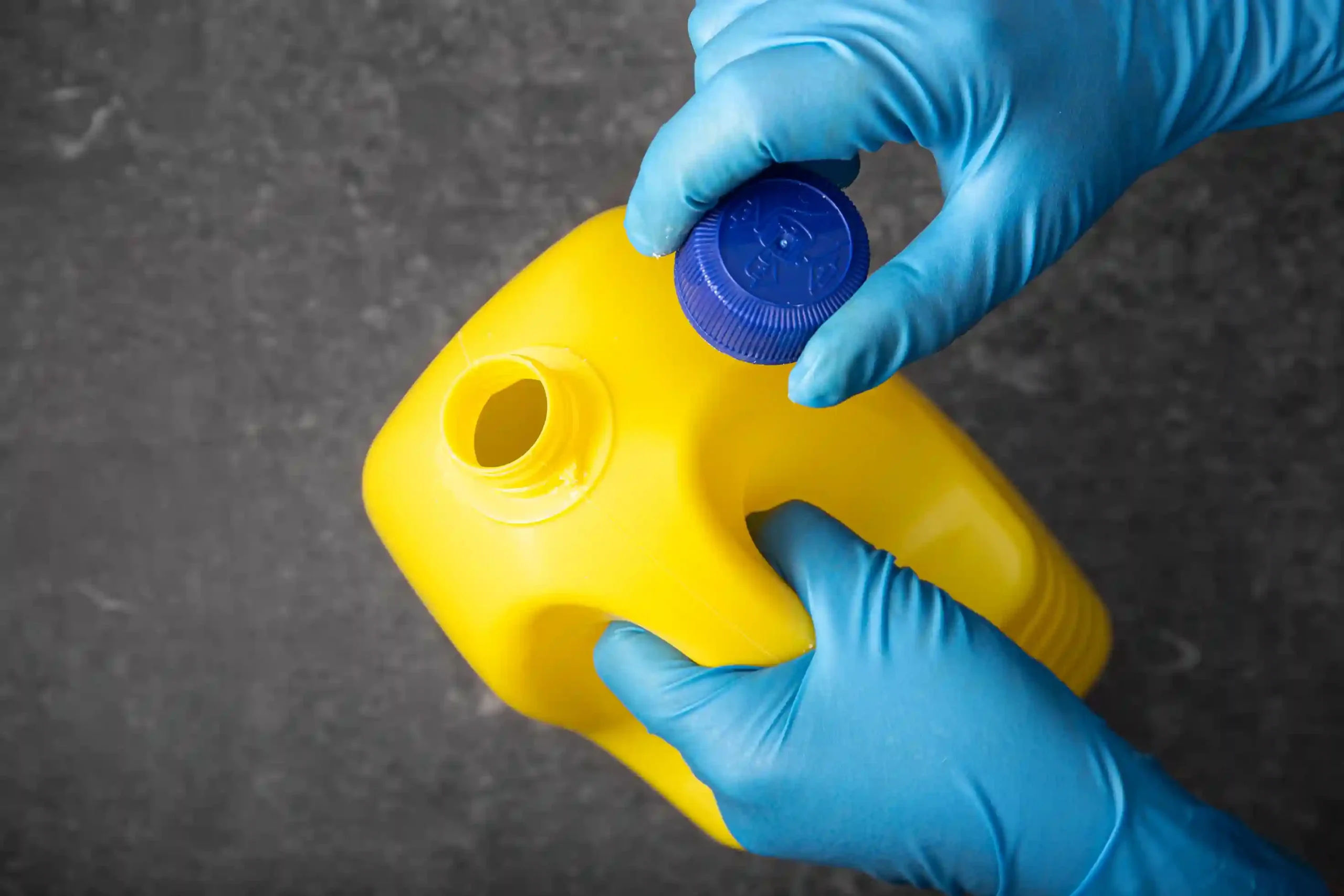A clogged drain can be frustrating. Whether it’s a slow-draining sink, a backed-up shower, or a completely blocked kitchen drain, most people instinctively reach for a drain cleaner to fix the problem. After all, these products promise to dissolve hair, grease, and other blockages quickly. But what if we told you that using Drano and other drain cleaners too often could worsen things?
Yes, you read that right. While chemical drain cleaners might offer a quick fix, they can also cause plumbing pipe damage from drain cleaners over time. The harsh chemicals in these products can corrode pipes, weaken plumbing systems, and sometimes lead to more severe clogs. Instead of solving the issue, overuse of these products might leave you with costly repairs. This article will explain how chemical drain cleaners damage pipes, why they aren’t always the best solution, and what drain cleaning alternatives you should consider.
How Chemical Drain Cleaners Work (And Why They Can Be a Problem)

Most commercial drain cleaners contain powerful chemicals like sodium hydroxide (lye) or sulfuric acid. These substances create heat when they come into contact with clogs, breaking down grease, soap scum, and organic matter. While this sounds like a great solution, the problem arises when these chemicals linger in your plumbing.
1. Corrosion and Pipe Weakening
One of the biggest risks of using Drano and other drain cleaners is their impact on your plumbing pipes. These products are highly corrosive, and repeated exposure can eat away at the inner lining of your pipes. Chemical cleaners can accelerate rusting and eventual breakage if you have older metal pipes. Even PVC pipes aren’t safe—prolonged exposure to these chemicals can cause them to weaken and crack.
2. Worsening the Clog
Believe it or not, chemical cleaners can sometimes make a clog worse. If a blockage is caused by solid debris or a non-dissolvable material, the chemical reaction might only break down the outer layer while leaving the core intact. This can create a stubborn sludge that becomes even harder to remove, trapping more debris over time.
3. Harmful Fumes and Environmental Damage
Chemical drain cleaners don’t just affect your pipes; they can also pose risks to your health and the environment. The fumes released by these products can irritate the eyes, nose, and lungs, especially in poorly ventilated areas. They can contaminate water sources and harm aquatic life if poured down the drain.
Signs That Chemical Drain Cleaners Have Damaged Your Pipes
If you’ve been relying on Drano and other drain cleaners for a while, it’s essential to watch out for signs of plumbing pipe damage from drain cleaners:
- Recurring Clogs – If your drains keep getting clogged even after using a cleaner, your pipes may already have damage or buildup.
- Slow Draining Water – Corrosion and residue left behind by chemical cleaners can make water drain more slowly over time.
- Leaky Pipes – Small leaks can develop in weakened pipes, leading to water damage and costly repairs.
- Unpleasant Odors – Residual chemicals can create a lingering chemical smell in your drains.
If you notice any of these issues, it’s time to stop using chemical cleaners and look into drain cleaning alternatives.
Drain Cleaning Alternatives: Safe and Effective Methods

If you’re dealing with a clogged drain, consider these safer, more effective solutions:
1. Hot Water and Dish Soap
For grease-related clogs, pouring hot water mixed with dish soap down the drain can help break up the blockage without damaging your pipes. This is often a good first step when considering how to fix a slow shower drain, especially if the slowdown is recent.
2. Baking Soda and Vinegar
This mixture is a classic home remedy that creates a fizzing reaction that can help loosen minor clogs. Simply pour one cup of baking soda down the drain, followed by one cup of vinegar. Let it sit for 10-15 minutes before flushing with hot water.
3. Plungers and Drain Snakes
Sometimes, the best way to remove a clog is through mechanical means. A plunger can dislodge blockages, while a drain snake (or auger) can pull out hair and debris stuck in the pipes.
4. Enzyme-Based Drain Cleaners
Unlike chemical drain cleaners, enzyme-based solutions use natural bacteria and enzymes to break down organic material without harming your pipes. These are safer for both your plumbing and the environment.
When to Call a Professional for Drain Cleaning
If you’ve tried drain cleaning alternatives but are still slow or clogged, it might be time for professional drain cleaning. Here are a few signs that you need expert help:
- Repeated clogs that won’t go away
- Strange gurgling noises from your pipes
- Water backing up into sinks or tubs
- A foul smell coming from the drains
Plumbers can use specialized tools like hydrojetting and camera inspections to clear blockages safely without damaging your pipes.
Let Us Help You Keep Your Drains Safe
While drain cleaners might seem like an easy fix, they often do more harm than good. Overuse of chemical products can lead to plumbing pipe damage from drain cleaners, making clogs worse and causing costly repairs. Instead of relying on Drano and other drain cleaners, try safer, cleaner alternatives like hot water, baking soda and vinegar, or enzyme-based solutions.
If your drains still give you trouble, don’t wait for the problem to worsen. Professional drain cleaning is the safest and most effective way to keep your plumbing in top condition. At TradeWorksNW, we specialize in safe and reliable drain cleaning services. Our team is here to help you clear stubborn clogs without risking pipe damage. Contact us today to schedule an appointment and protect your plumbing!




